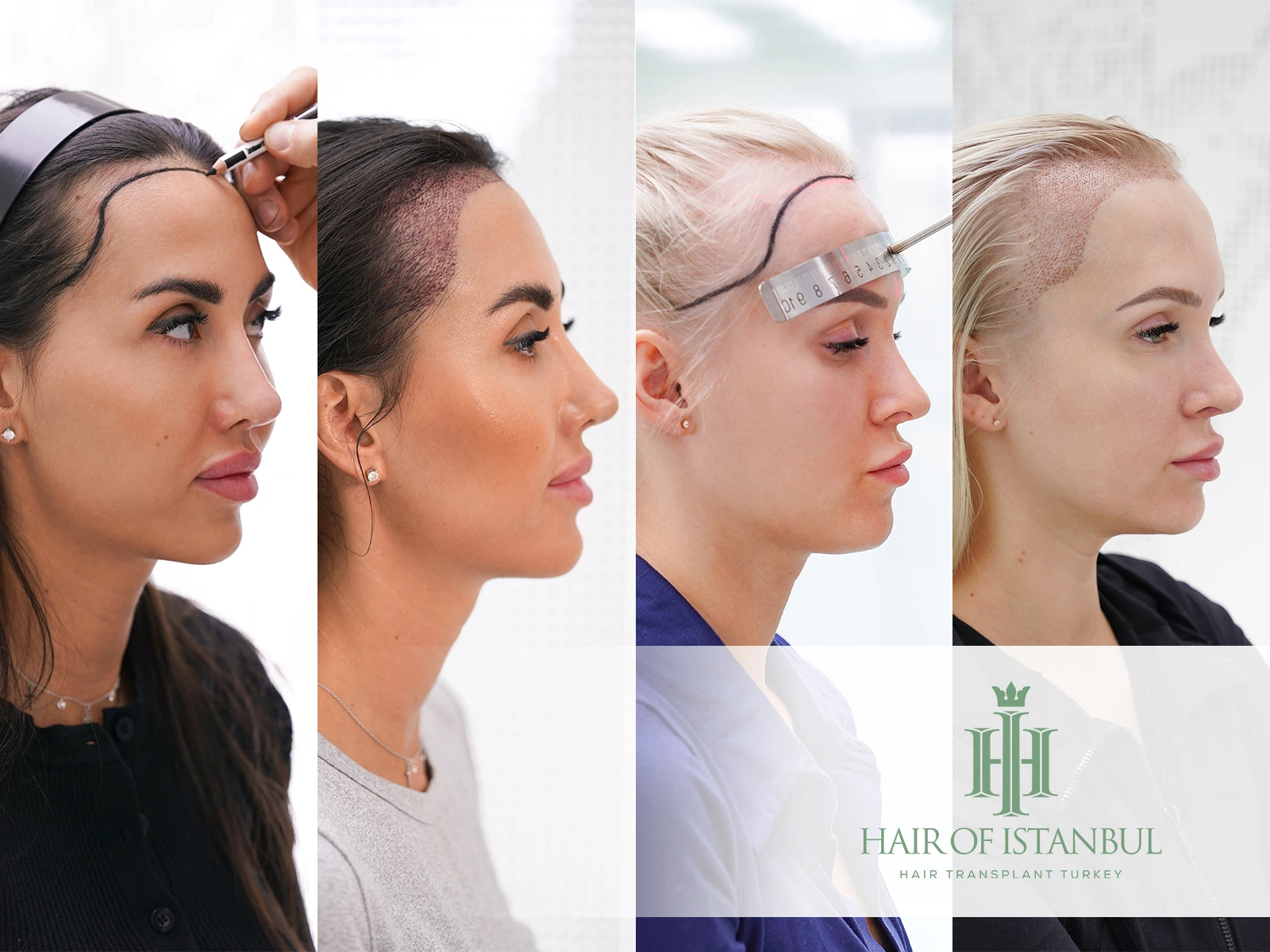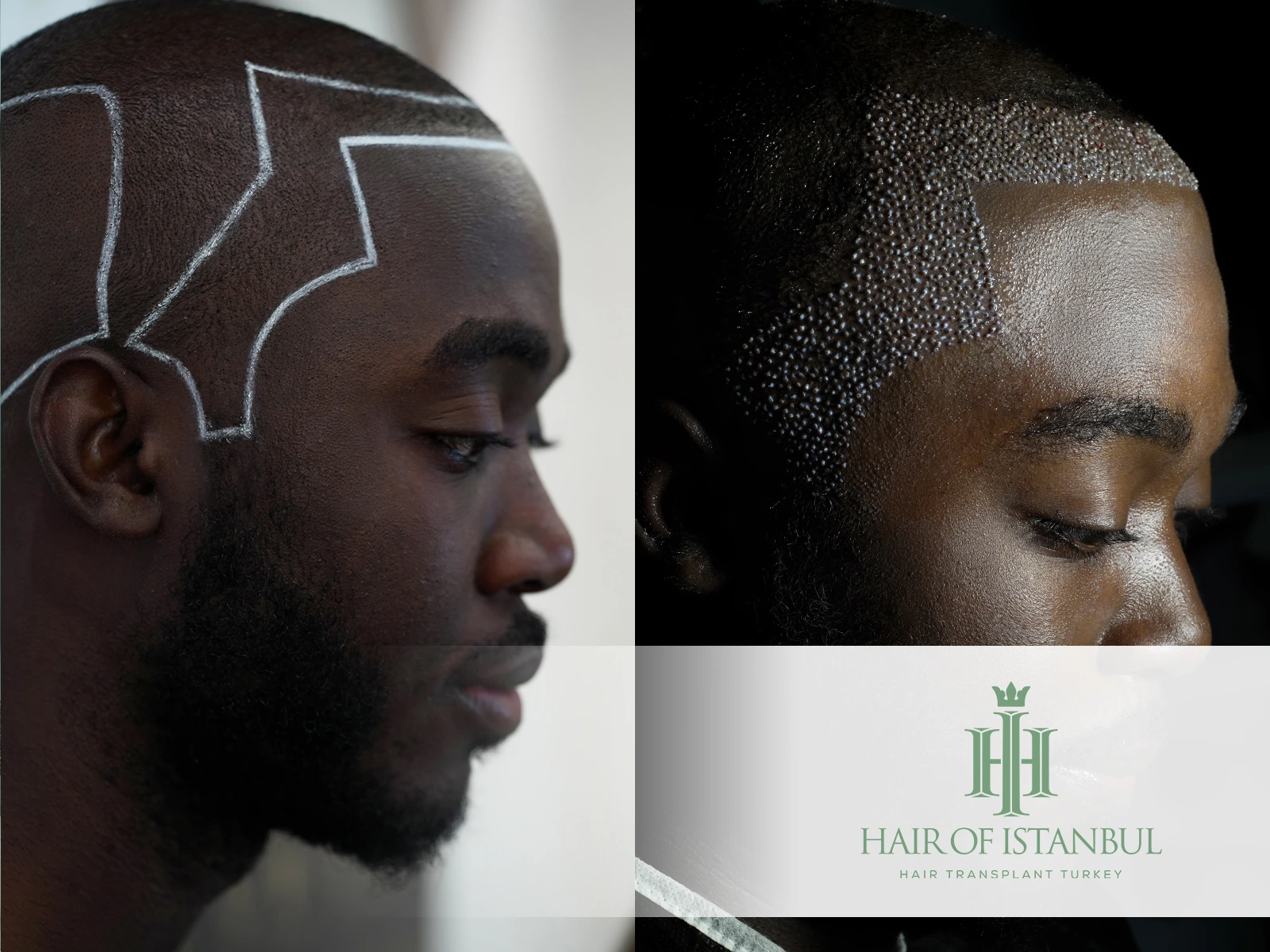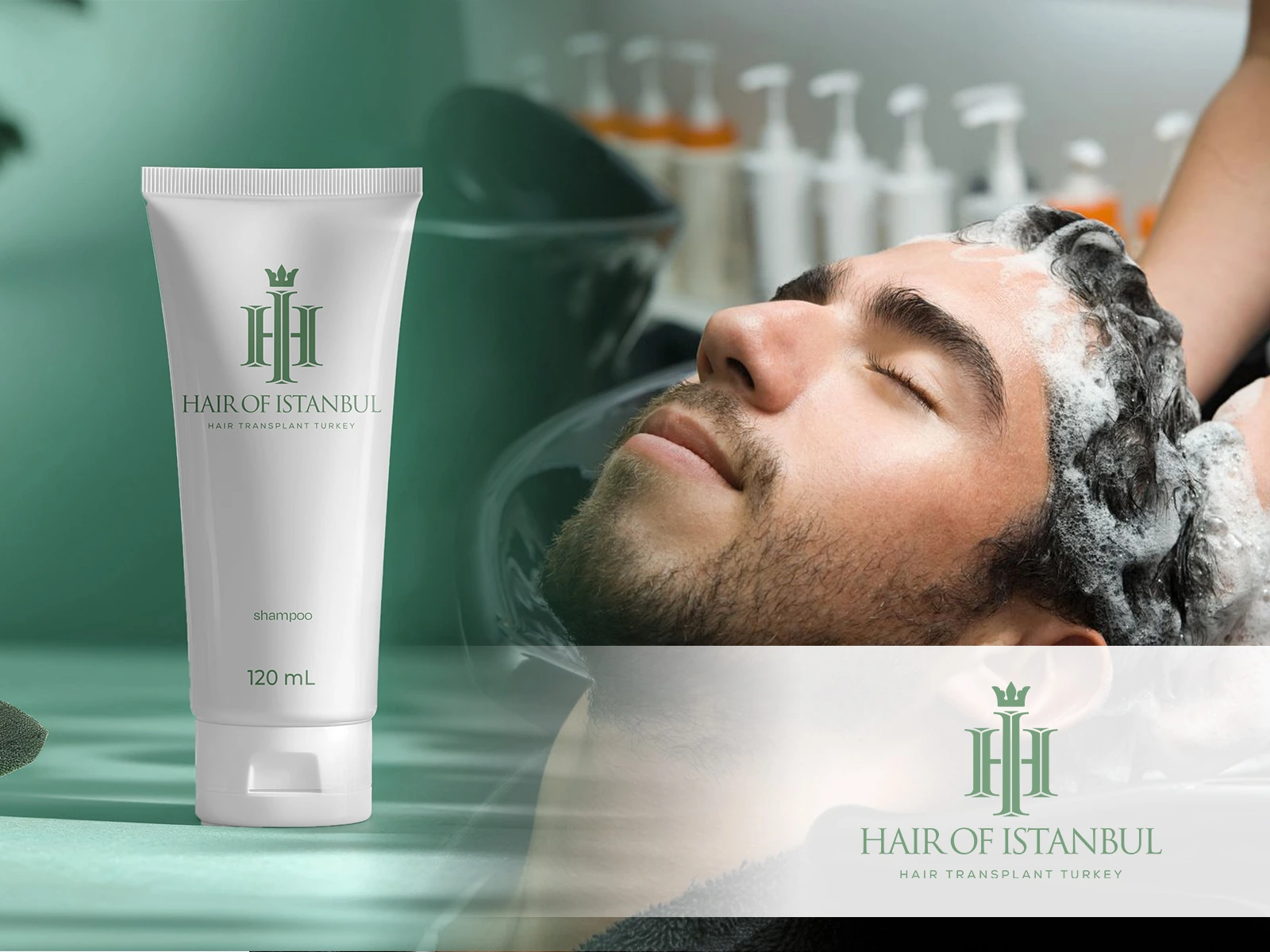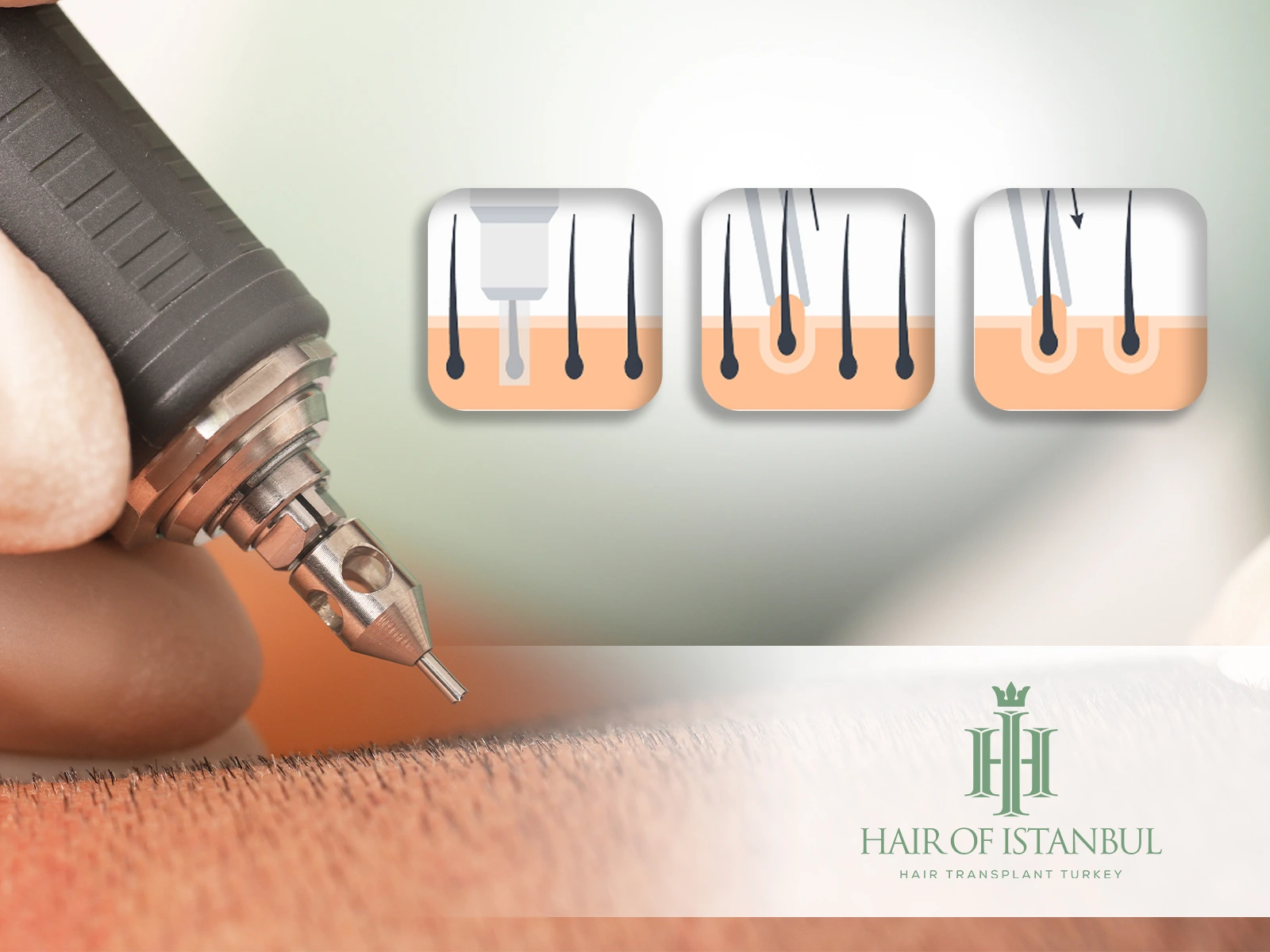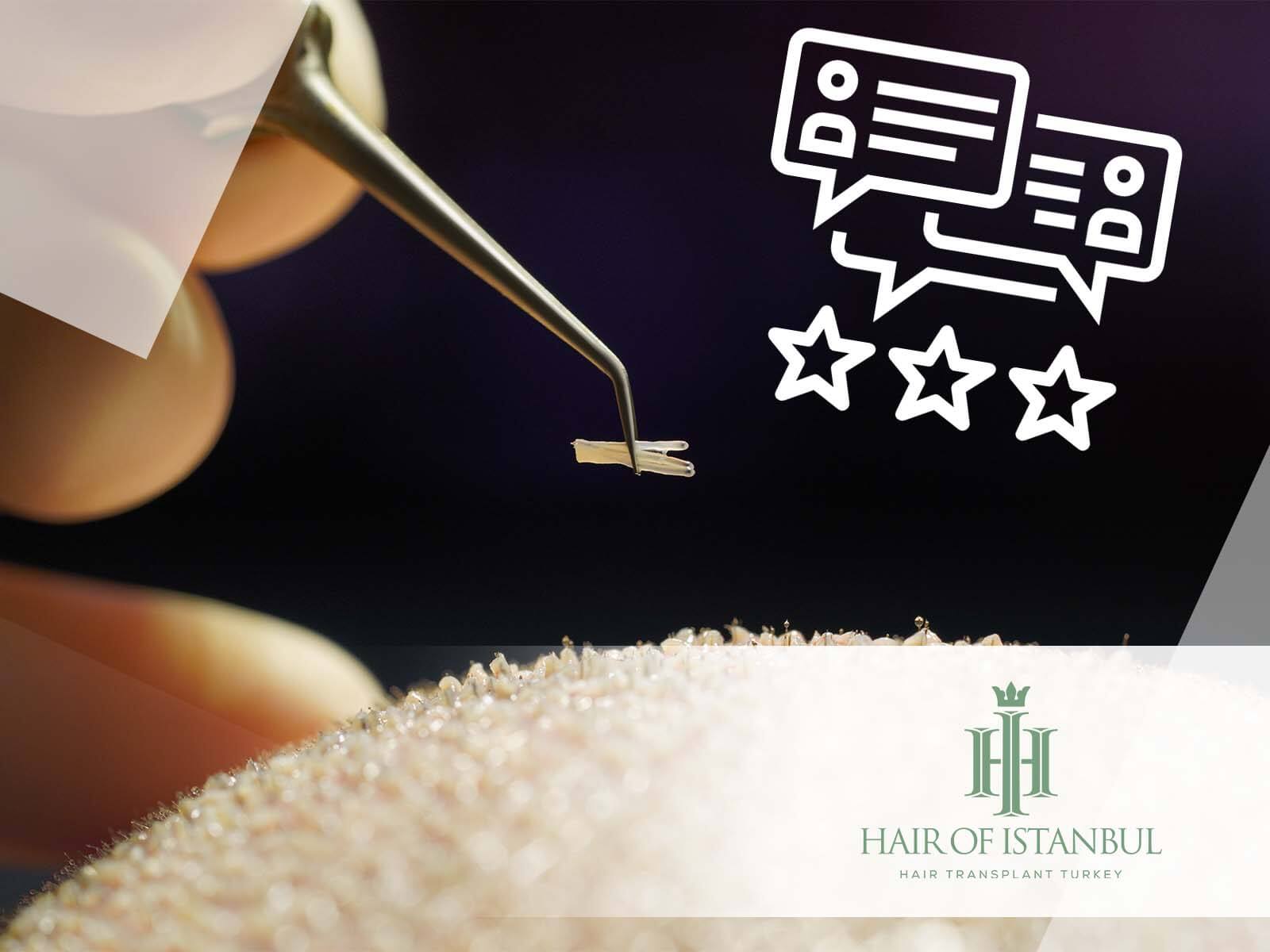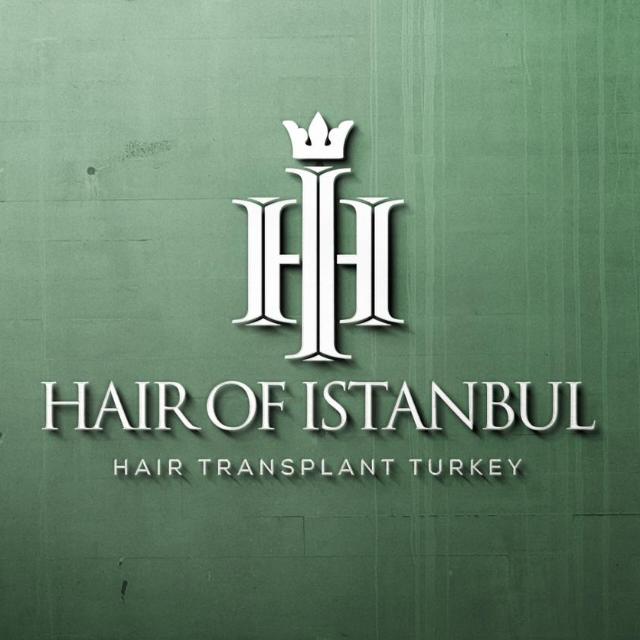My Hair Feels Like Straw and Is Falling Out: Proven Best Fixes!
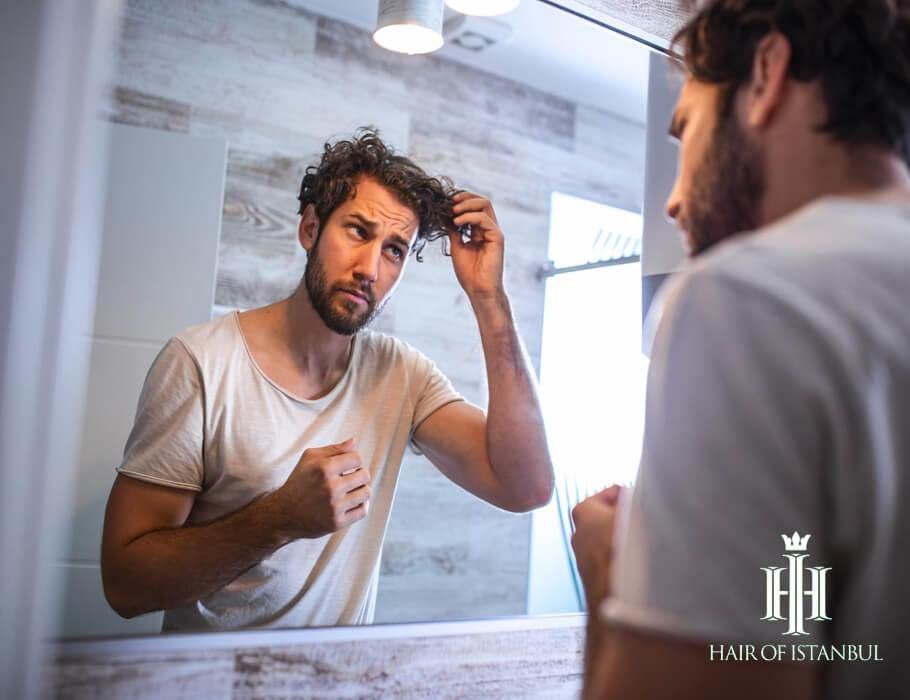
Dealing with straw-like hair and hair loss can be frustrating and overwhelming, but fear not! We’ve gathered the best fixes to help you reclaim your hair’s natural beauty and strength. By understanding the root causes of these hair issues and incorporating simple changes into your hair care routine, you’ll be on your way to restoring your tresses to their former glory. So, let’s take a look these proven solutions and put an end to the straw-like texture and hair loss once and for all!
Why Is My Hair So Dry and Like a Straw? | Most Important Reasons
Many people struggle with dry, brittle hair, which can be caused by various factors. To better understand these issues, we’ve compiled a simple table with common hair problems and their brief explanations. Refer to the table below for more information on each concern.
| Hair Problem | Short Explanation | |
| Over-washing: | Strips hair of natural oils, leaving it dry and brittle. | |
| Harsh hair products: | Chemicals can damage hair, causing it to become dry. | |
| Heat styling tools: | Excessive heat can weaken hair, leading to breakage. | |
| Lack of moisture: | Dehydrated hair becomes brittle and prone to breakage. | |
| Nutritional deficiencies: | Insufficient nutrients can weaken hair structure. | |
| Hormonal changes: | Fluctuating hormone levels can affect hair health. | |
| Sun exposure: | Prolonged sun exposure can cause hair to lose moisture. | |
| Chlorine and salt water damage: | Harsh chemicals in water can strip hair of essential oils. |
Why Does My Hair Feel Like Straw After Showering?
Hair might feel like straw after showering due to various factors such as harsh hair products, hard water, or improper drying techniques. Identifying and addressing the cause can help improve hair texture.
Harsh Hair Products
Using strong shampoos or conditioners containing sulfates and other harsh chemicals can strip natural oils, leaving hair dry and straw-like. Opt for gentle, sulfate-free products to maintain hair health.
Hard Water
Minerals found in hard water can build up on your hair, causing it to feel rough and dry. Installing a water softener or using a chelating shampoo can help combat this issue.
Over-washing
Excessive washing can also strip your hair of its natural oils. Try to limit washing to 2-3 times per week and use a lightweight leave-in conditioner to replenish moisture.
Improper Drying Techniques
Rough towel-drying or using high heat can lead to hair damage and a straw-like texture. Gently pat your hair dry with a soft towel and use a low-heat setting on your hairdryer to minimize damage.
Also Read: My Hair Is So Thin, I Can See My Scalp! Is Something Wrong?
Straw-like, Falling Hair: Symptoms of a Deeper Hair Health Crisis?
Straw-like hair could sometimes indicate an underlying medical concern. To help you identify these potential issues, we’ve prepared a table listing some common medical conditions and their brief descriptions.
| Medical Condition | Description | |
| Hypothyroidism: | A condition where the thyroid gland doesn’t produce enough hormones, potentially affecting hair health. | |
| Hypoparathyroidism: | Low parathyroid hormone levels, which can result in calcium imbalances and possibly affect hair health. | |
| Cushing’s syndrome: | A hormonal disorder causing high cortisol levels, possibly resulting in hair loss and fragile hair. | |
| Iron deficiency anemia: | Low iron levels may cause hair loss and brittle hair. | |
| Eating disorders: | Nutritional deficiencies due to eating disorders may contribute to poor hair health and hair loss. |
The Role of Diet in Combating Straw-like Hair
Your diet plays a crucial role in determining the health and texture of your hair, including its potential to become straw-like. Ensuring proper nutrition can help you maintain soft, healthy hair.
Hydration: Staying well-hydrated is essential for overall health, including hair health. Drinking enough water helps keep hair moisturized, preventing dryness and brittleness.
Nutrient-rich Foods: Eating a balanced diet rich in vitamins, minerals, and proteins can promote hair health. Focus on consuming foods high in vitamins A, C, and E, as well as biotin, zinc, and omega-3 fatty acids to nourish your hair from within.
Limit Processed Foods: Consuming excessive amounts of processed foods, sugar, and unhealthy fats can lead to nutrient deficiencies and poor hair health. Prioritize whole, unprocessed foods to maintain healthy hair and prevent straw-like texture.
Also Read: Understanding Average Forehead Size: Ideal Sizes by Gender!
FAQ
Why is my hair suddenly like straw?
Sudden straw-like hair can be triggered by significant lifestyle changes, such as relocating, altering your diet, or starting or stopping medications. Identifying and addressing the cause can help improve hair texture.
What vitamin deficiency causes dry hair loss?
Vitamin B complex, specifically riboflavin, biotin (B7), folate, and vitamin B12 deficiencies, has been linked to hair loss. Maintaining a balanced diet can help prevent these deficiencies and support healthy hair growth.
What hormone causes dry brittle hair?
Thyroid hormone imbalances, specifically hypothyroidism, can lead to dry, brittle, and dull hair. Diffuse thinning and eyebrow hair loss may also occur in this condition.
Why does my hair feel like straw after bleaching?
Bleaching removes your hair’s natural oils, causing dryness, brittleness, and a straw-like texture. This process weakens hair protein, resulting in lighter strands that are more susceptible to frizz and damage.
Why does dry shampoo make my hair feel like straw?
Dry shampoo may create a filmy residue on hair, resulting in a straw-like appearance and texture. Overuse can also lead to dull, discolored, and dry hair.
Why does my hair feel like straw during pregnancy?
Pregnancy hormones can cause hair to feel straw-like due to changes in texture, resulting in dryness and brittleness. Fortunately, these alterations are typically temporary, and hair often returns to its normal state post-pregnancy.
What disease makes your hair dry?
Anorexia nervosa, Hypothyroidism, Menkes syndrome, Hypoparathyroidism.
Why is my hair crunchy when it dries?
Crunchy hair when it dries can be caused by using heat-based styling tools too often or at high temperatures. Reducing the frequency of heat styling and using lower heat settings can help improve hair texture.
Why does my hair feel like straw after shampooing?
Hair can feel like straw after shampooing if you wash it too frequently or use shampoos containing harsh ingredients like sulfates. Opting for gentler formulas and reducing shampoo frequency may help improve your hair’s texture.
What foods hydrate hair?
You need to eat biotin-rich foods such as eggs, almonds, liver, milk, soy, hazelnuts and yeast for hydrate and healthy hair.
How long does it take hair to rehydrate?
Rehydrating hair typically takes six months to a year, although using nourishing products can expedite the process. Consistent care and patience are essential for noticeable improvements in your hair’s condition.
Also Read: Jamie Foxx Hair Transplant: A Hairline Transformation to Inspire
How to Fix Straw-like & Falling Hair?
Dealing with straw-like and falling hair can be frustrating, but there are effective ways to overcome this issue. By implementing specific care tips and adjusting your routine, you can bring your healthy hair back to life.
| Recommendation | Details | |
| Use a moisturizing shampoo: | Choose a shampoo that provides extra moisture to combat dryness. | |
| Apply a deep conditioner: | Use a deep conditioner to nourish hair and improve its texture. | |
| Limit heat styling: | Reduce the use of heat styling tools to minimize hair damage. | |
| Trim split ends: | Regularly trim split ends to prevent further hair breakage. | |
| Protect hair from sun damage: | Wear a hat or use UV-protective hair products to shield hair from the sun. | |
| Use a wide-toothed comb: | A wide-toothed comb can help detangle hair gently and prevent breakage. | |
| Avoid harsh chemicals: | Limit the use of hair products with harsh chemicals that can damage hair. | |
| Try leave-in conditioners: | Use leave-in conditioners to provide extra hydration throughout the day. | |
| Use a weekly hair mask: | Apply a nourishing hair mask once a week to replenish lost moisture. | |
| Incorporate hair oils: | Use natural oils like argan or coconut oil to nourish and moisturize hair. | |
| Be gentle when towel-drying your hair: | Avoid rubbing your hair harshly; instead, gently squeeze out excess water. | |
| Limit hair coloring and chemical treatments: | Frequent chemical treatments can cause hair to become dry and brittle. | |
| Maintain a healthy diet: | A balanced diet with essential nutrients can support hair health. | |
| Stay hydrated: | Drinking enough water helps to maintain overall hair hydration. |
If you’ve been consistently following these recommendations for 2-3 months and still haven’t seen any improvement, it’s possible that there may be an underlying health issue. In this case, we advise you to consult a doctor to rule out any potential medical concerns.
Also Read: Traction Alopecia: When Is It too Late? The Most Important Signs!
CONCLUSION
In conclusion, tackling the issue of straw-like hair can be successfully managed by implementing the proven fixes we’ve discussed. With the right hair care routine, products, and lifestyle changes, you’ll be well on your way to enjoying healthier, more resilient locks. However, if you’re experiencing significant hair loss due to dry or straw-like hair, it might be worth considering a hair transplant as a more permanent solution.

Hair of Istanbul is a highly regarded clinic, known for its skilled professionals and exceptional results in hair transplantation. By entrusting your hair restoration journey to such experts, you can expect to regain your confidence and embrace your beautiful, natural-looking hair once more.
References:
- https://www.healthline.com/health/hair-feels-like-straw
- https://www.aad.org/public/diseases/hair-loss/insider/stop-damage
- https://medlineplus.gov/hypothyroidism.html
- https://www.ncbi.nlm.nih.gov/pubmed/19138021
- https://www.aad.org/public/parents-kids/healthy-habits/parents/hair-care-habits
- https://www.latest-hairstyles.com/advice/why-hair-feels-like-straw.html
- https://www.medicalnewstoday.com/articles/327013
- https://www.ncbi.nlm.nih.gov/pmc/articles/PMC6380979/
- https://www.zrtlab.com/blog/archive/hormones-and-hair-loss/
- https://www.healthline.com/health/dry-hair
- https://www.brunet.ca/en/health/health-tips/dry-hair-food-you-need/
- https://monpure.com/blogs/news/how-long-does-it-take-to-repair-damaged-hair
- https://www.equibotanics.com/blogs/news/why-does-my-hair-look-like-straw-and-is-falling-out




